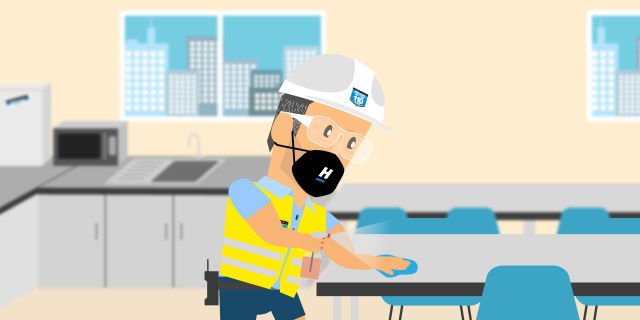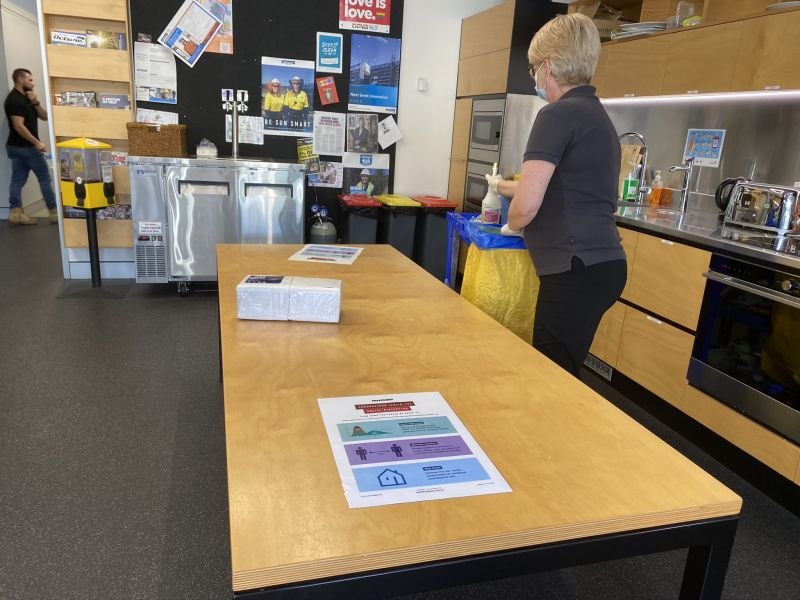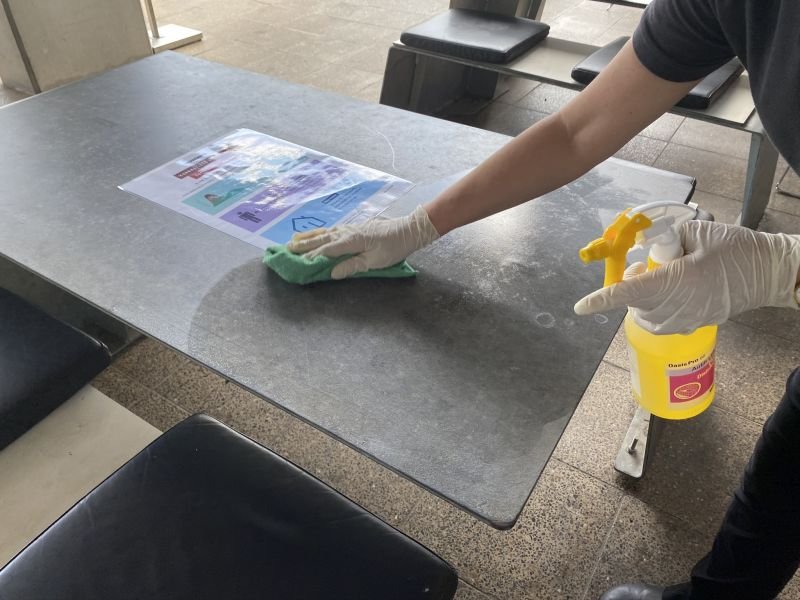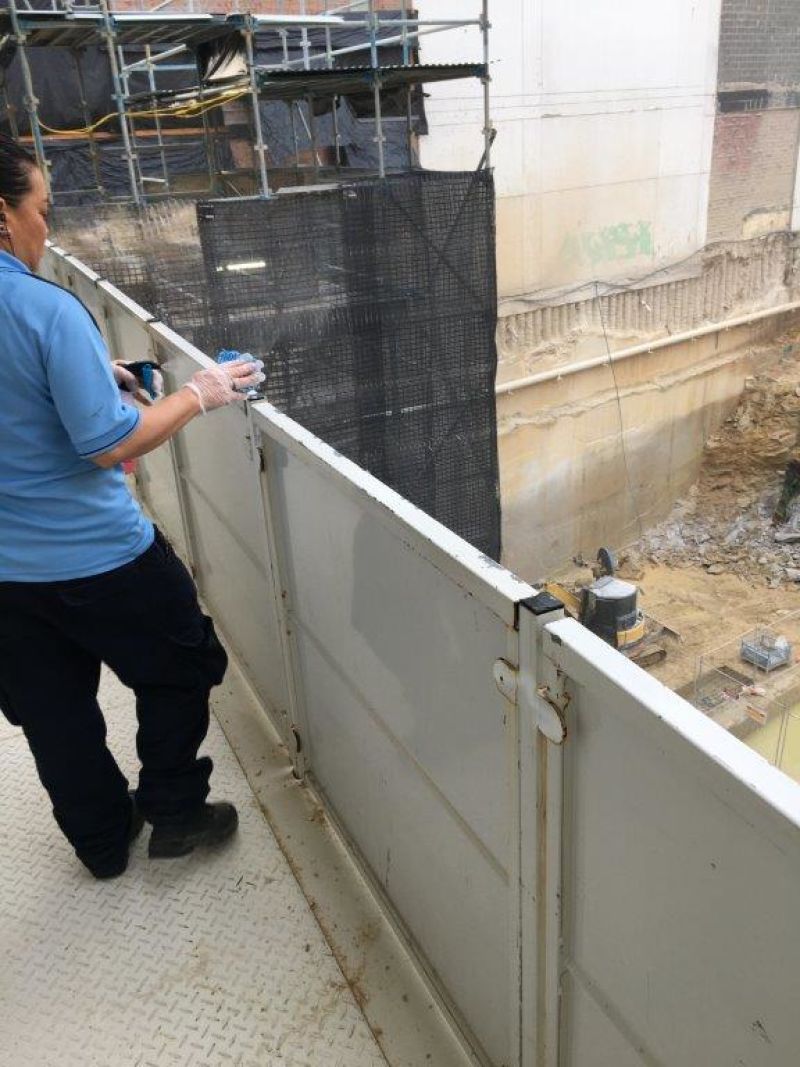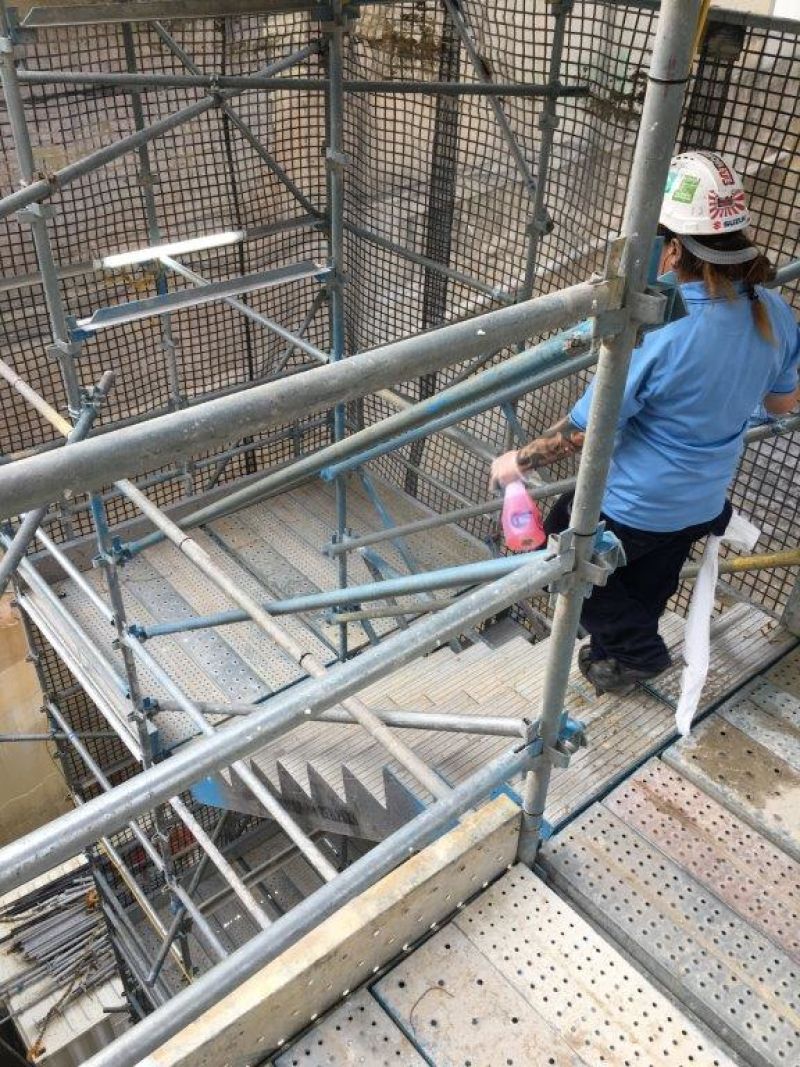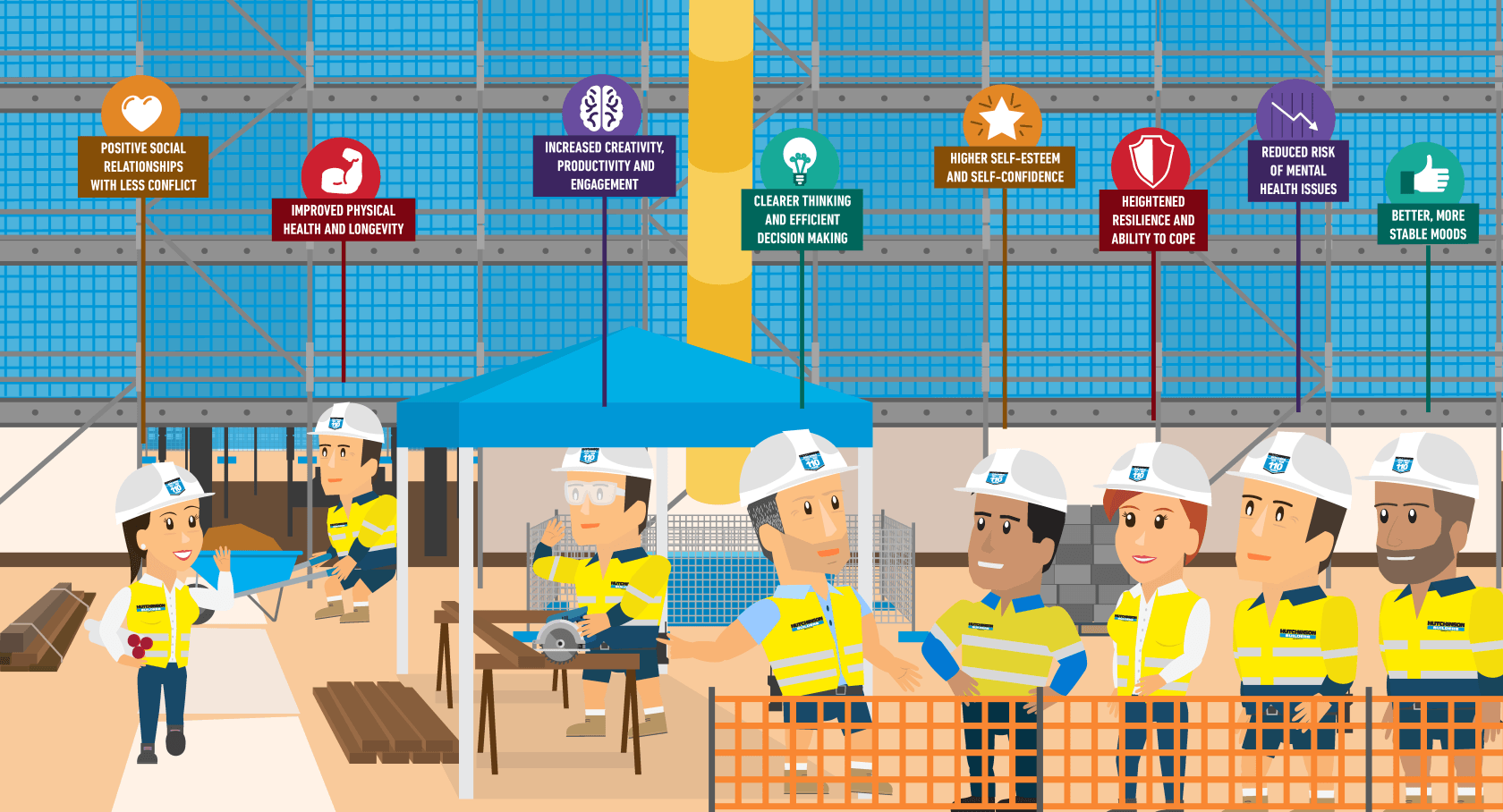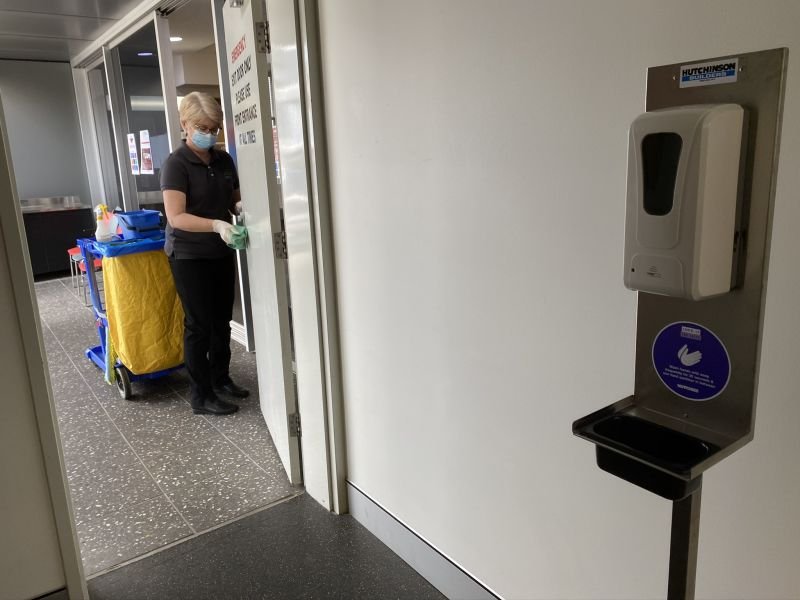
Cleaning
Cleaning refers to the removal of germs (such as the COVID-19 virus), dirt, and impurities from surfaces using detergent / soap and water / spray & wipe products. It should occur before disinfecting.
Cleaning does not kill germs, but by removing them, it lowers their numbers and the risk of spreading infection. This allows disinfectant products to work effectively.
Disinfecting (aka sanitising)
Disinfecting refers to using chemicals like bleach to kill germs (such as the COVID-19 virus) on surfaces. It should occur after thorough cleaning.
This process does not necessarily clean dirty surfaces or remove germs, but by killing germs on a surface after cleaning, it can further lower the risk of spreading infection.
